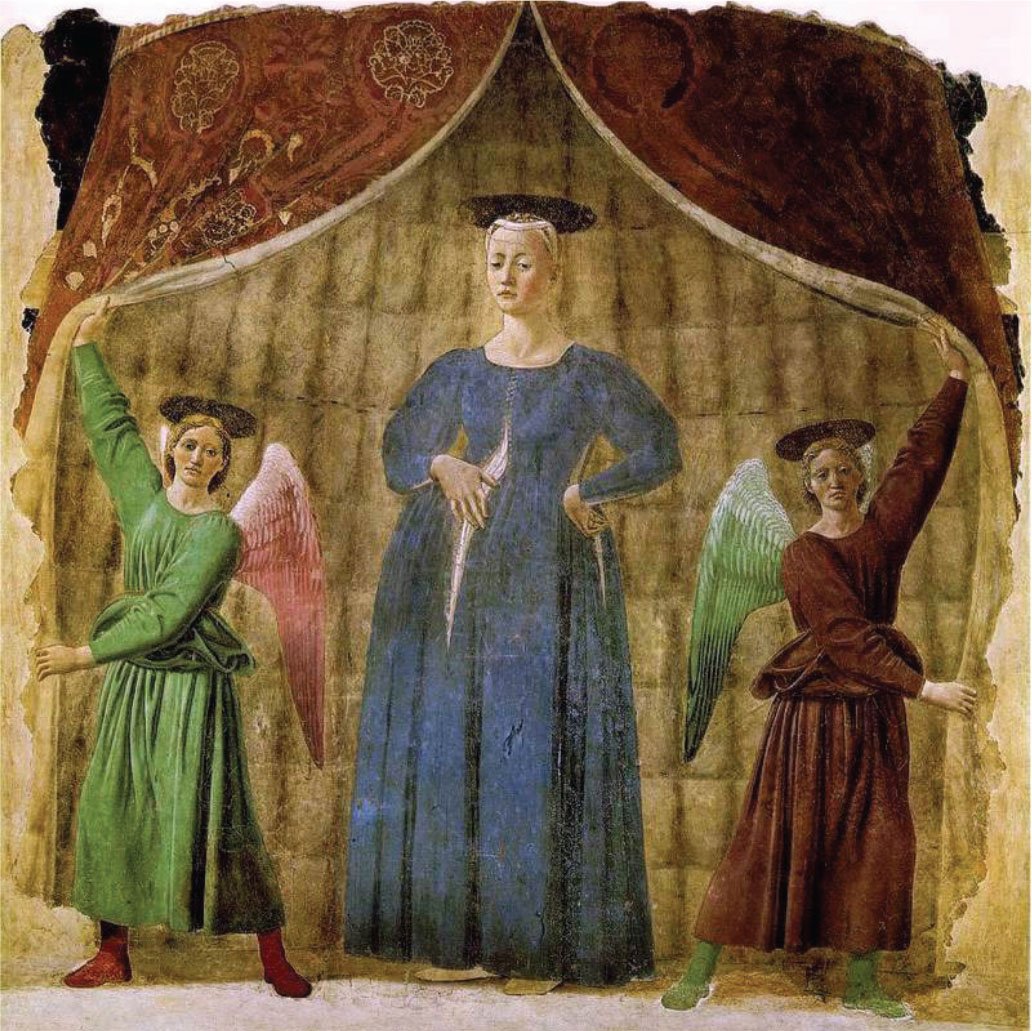Poetry Comment
When I accepted three of Kathryn Kirkpatrick’s poems I didn’t realize that, in different ways, they were about the dialogue of life and death. That’s a measure of her variety of tone and her skill as both a poet and a storyteller. In “To Live,” a father is killed by a cluster bomb as he protects his child with his body. (Well, there are worse ways to go, like “a bullet / to the head,

